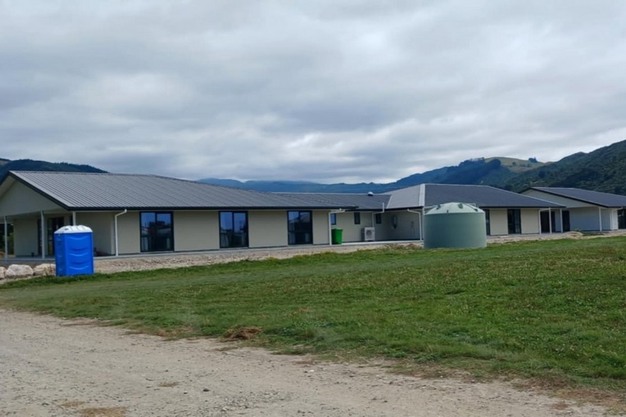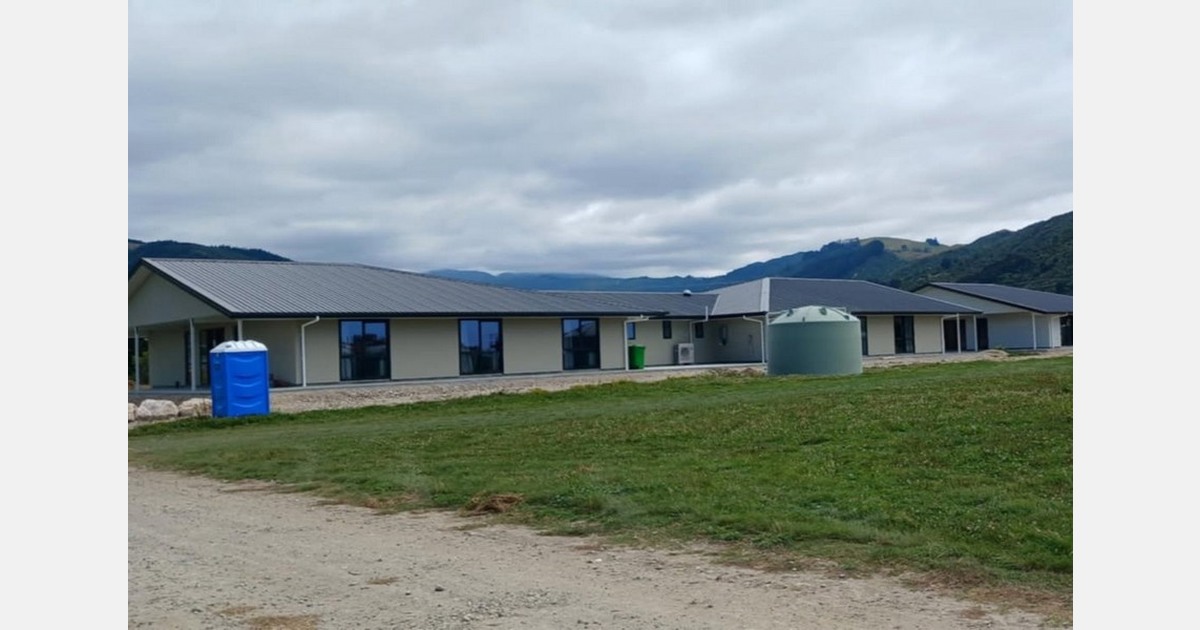The New Zealand Government’s decision to approve a 2.5% increase in Recognised Seasonal Employer (RSE) accommodation cost recovery is drawing concern from the horticulture sector, which says it could affect growth targets for both exports and farmgate value. Horticulture New Zealand (HortNZ) chief executive Kate Scott said the sector cannot expand exports without securing labour to pick, pack, and process produce, and that this depends on sustainable cost recovery for accommodation.
 © Horticulture New Zealand
© Horticulture New Zealand
“Accommodation charges have been frozen for six years, while it’s no secret that construction, operational, and compliance costs have soared,” Scott said. “Many growers have invested significantly in lifting standards, and they are committed to ensuring workers are housed safely. That commitment now comes under increased financial strain.”
Scott noted that independent analysis from Infometrics determined an evidence-based accommodation rate by considering actual costs across regions, while ensuring worker contributions typically remain at no more than 30% of income. “We urge the Government to revisit the methodology for setting these rates and ensure that future changes are based on transparent, verifiable cost data,” she said.
The RSE scheme is described by HortNZ as providing essential seasonal labour for growers and economic opportunities for Pacific communities. Scott said that to maintain this, settings must be fair, future-proofed, and sustainable for both employers and workers. She also referred to the establishment of Whānau Moana Nui, meaning “family of the Pacific,” a pilot initiative aiming to set a benchmark for industry-led, government-enabled labour mobility.
“That means doing right by our workers, fostering mutual respect and meeting the expectations of consumers and trading partners,” she said.
 © Horticulture New ZealandFor more information:
© Horticulture New ZealandFor more information:
Horticulture New Zealand
Tel: +64 (0) 4 472 3795
Email: [email protected]
www.hortnz.co.nz


